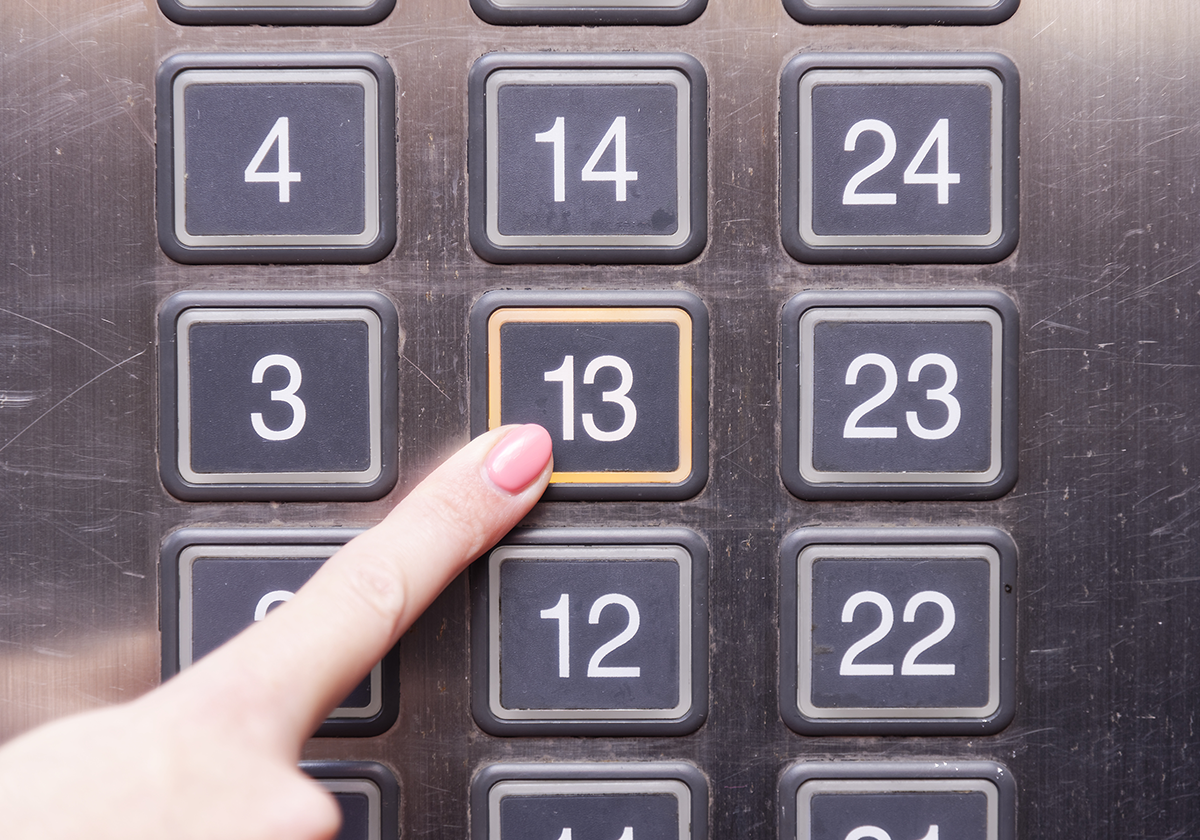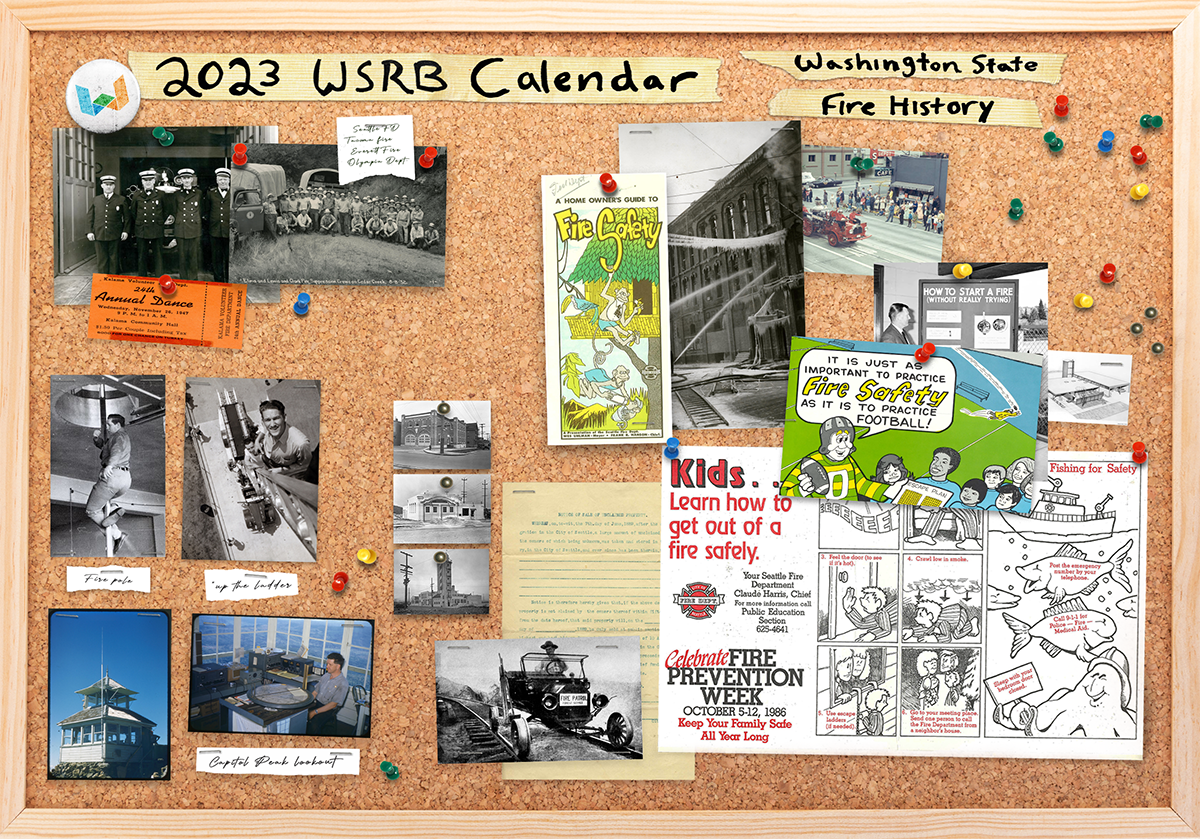Wishing everyone luck this Friday the 13th, the most unlucky of all days. But where did this superstition come from? Why does the number 13 get such a bad rap?
Throughout history, the number 13 has become associated with bad luck and a sense of impending doom. There’s even a term for extreme fear of the number: triskaidekaphobia — which if you try to say that out loud, it might be unlucky for your tongue.
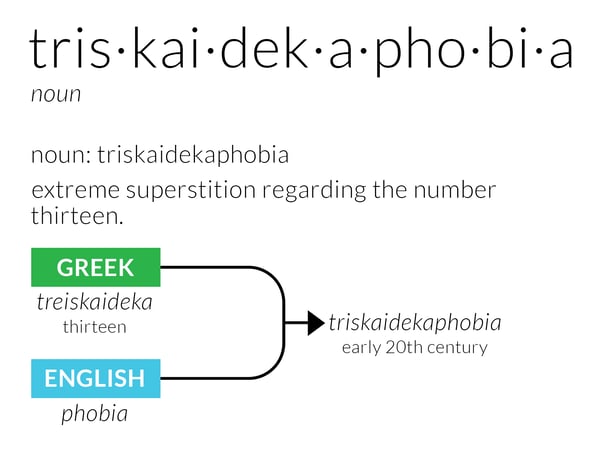
In honor of Friday the 13th, we’re looking at the mystery of the missing 13th floor. The majority of buildings don’t have one, and we aim to explore the reasons why.
Before continuing, be sure to stay informed with similar content by signing up for notifications.
Origins
There is a connection between insurance and the 13th floor, a coincidental correlation that has nothing to do with risk. The first skyscraper — the Home Insurance Building, constructed in Chicago in 1885 — was built as the regional headquarters for an insurance company and did not have a 13th floor.
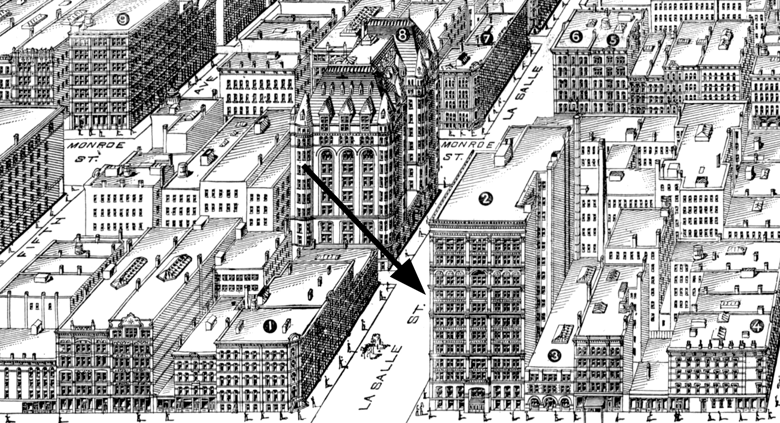
The Home Insurance Building is shown here in this early map of Chicago, indicated by the black arrow.1
Lest you think the superstition has died down since the early modern period, consider this... Across the street from WSRB's old office, a recently completed 38-story hotel and condominium building in downtown Seattle also lacks the 13th floor.
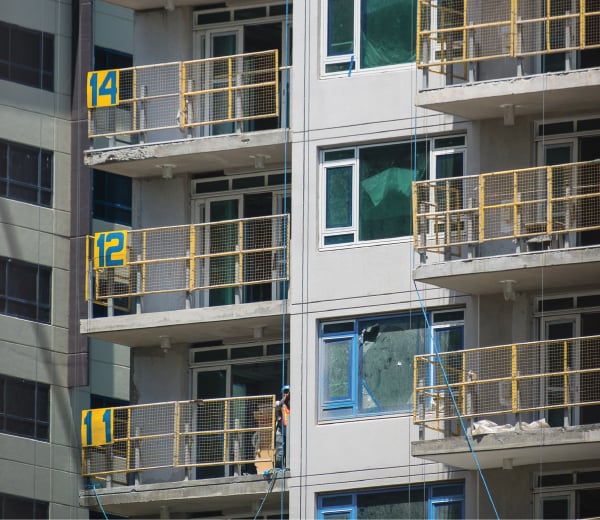 Many skyscrapers are built without a 13th floor, primarily due to superstition.
Many skyscrapers are built without a 13th floor, primarily due to superstition.
Related:
Mezzanine vs. Floor: What's the Difference?
Since the introduction of modern skyscrapers, owners have continued to worry about superstitious tenants refusing to inhabit that “unlucky” floor.
The Otis Elevator Company reports that 80 to 90% of the elevators it has installed in skyscrapers and large hotels do not have a 13th-floor button. The lack of a 13th floor is especially common in residential buildings. Perhaps people don't mind spending 40 hours a week working on the 13th floor, but they consider sleeping, eating, and playing there too much.
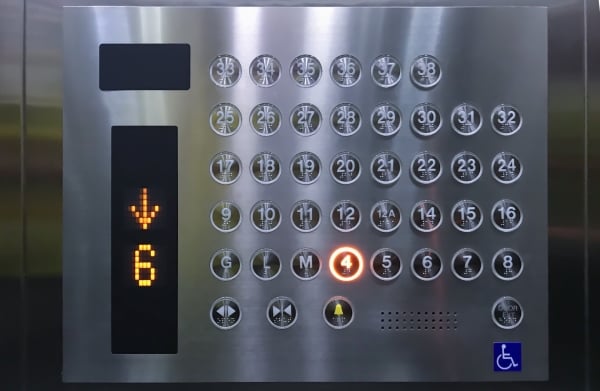 Taking the elevator to the 13th floor makes some people feel worried -
Taking the elevator to the 13th floor makes some people feel worried -
builders have come up with alternatives like floor 12A.
On the flip side, the iconic Empire State Building does have a 13th floor. Triskaidekaphobic tenants aside, for 40 years, it stood as the tallest building in the world (1931–1972), holding the record longer than any of the other eight buildings that held it during the last century.
An unlucky number
Where did the fear of the number 13 begin? Nobody knows for sure, but the phenomenon can be traced back to ancient times. Here are just a few examples of why 13 may be an unlucky number:
- At the Last Supper, Judas Iscariot was the 13th guest - we all know how that went
- In Norse mythology, Loki crashed a banquet of a dozen gods - as the 13th partygoer, he caused a celestial uproar when he killed one of these divine guests with a poison arrow
- In many old stories, three might be a crowd, but 13 turns tragic
- There was the famous Apollo "failure is not an option" 13 lunar mission - not the most successful foray into outer space
- In a Tarot deck, the 13th card is Death, often picturing the Pale horse with its rider

In the past, you could even turn superstition about the number 13 into an occupation. A 1977 article in the New York Times entitled “13th Floor, Anyone?” explains:
An aversion to 13 at the table became entrenched in the modern world, particularly in France, where if 13 guests somehow ended up on an invitation list a 14th was hurriedly pressed into service. Some Frenchmen — known as quatorzes — earned a living by attending dinner parties to sit in the 14th chair.
Lucky 13?
The number 13 isn’t all bad - there are plenty of examples of positive connections to this number:
- There are 13 stripes on the American flag, representing the 13 colonies
- Taylor Swift was born on December 13th and considers 13 her lucky number
- The Italian expression "fare tredici" (translated as "make thirteen") means to hit the jackpot
- If you get a baker’s dozen at the bagel or donut shop, that 13th one is still pretty tasty
Remember the Home Insurance Building in Chicago? It turns out the owner wasn’t superstitious after all. The reason it didn’t have a 13th floor was that it was only 10 stories high - even after an addition in 1890, its maximum height was only 12 stories.
Maybe we've got it all wrong after all - perhaps 13 is nothing more than a number between 12 and 14. And with that, this post comes to an end. Here’s wishing you a safe, lucky, and claims-free Friday the 13th.
[1] Chicagology, https://chicagology.com/goldenage/goldenage076/




